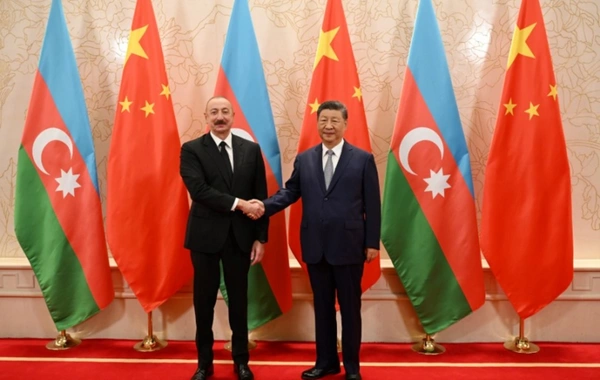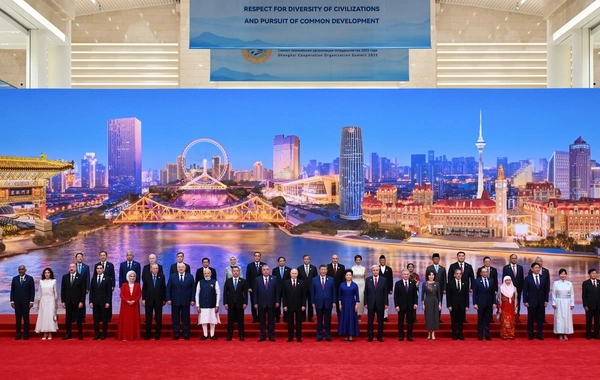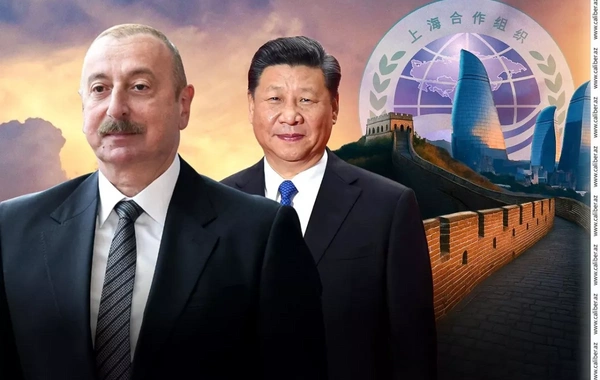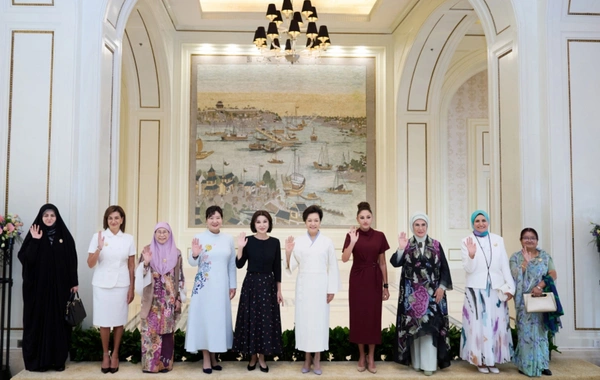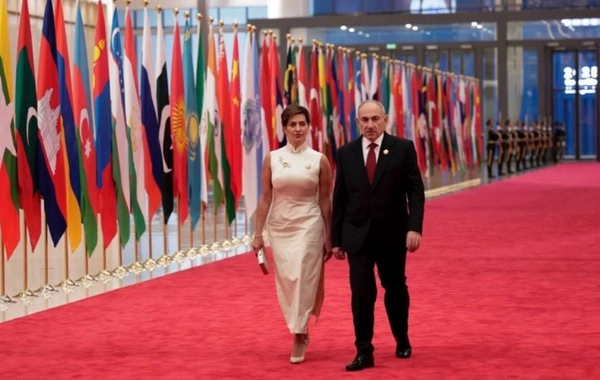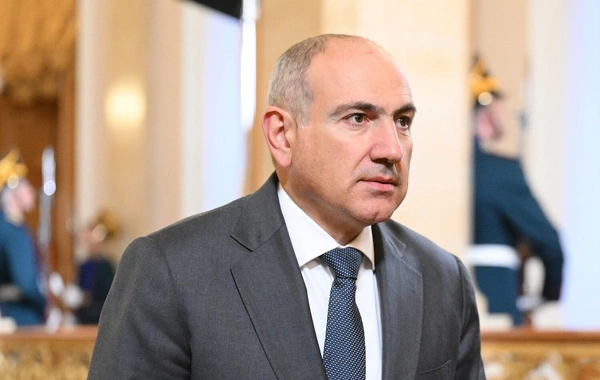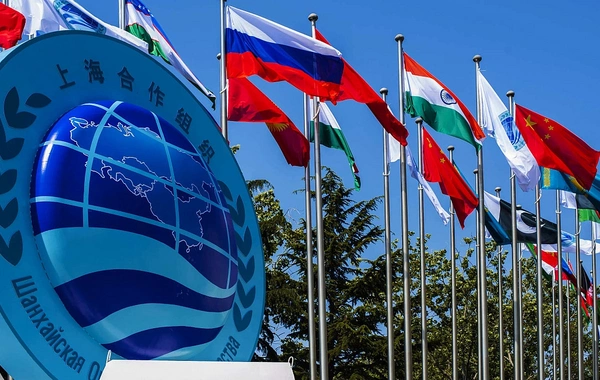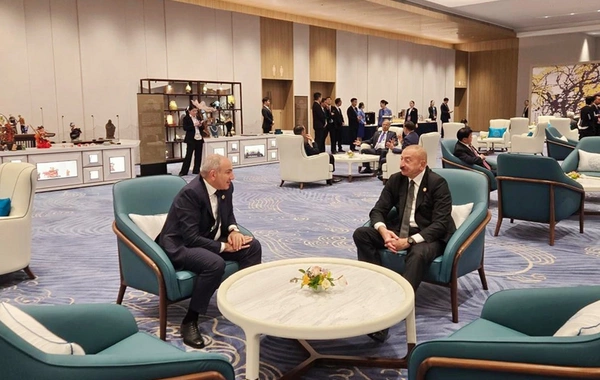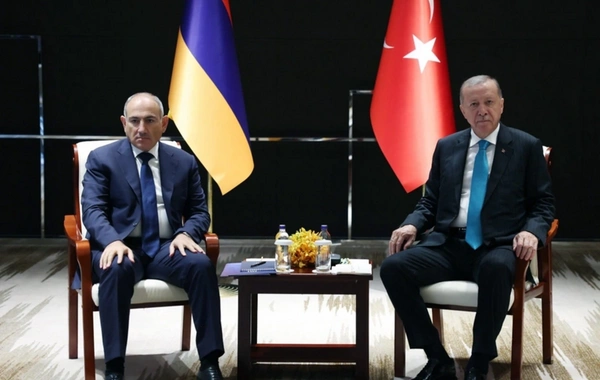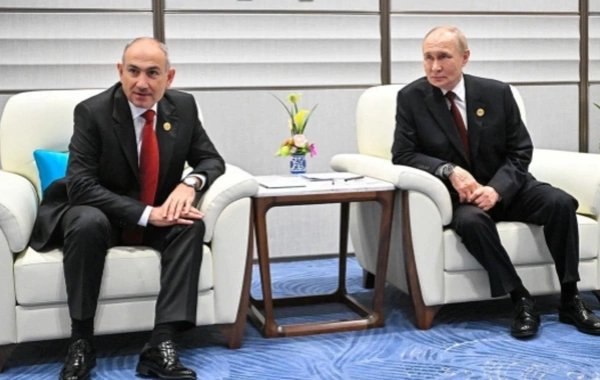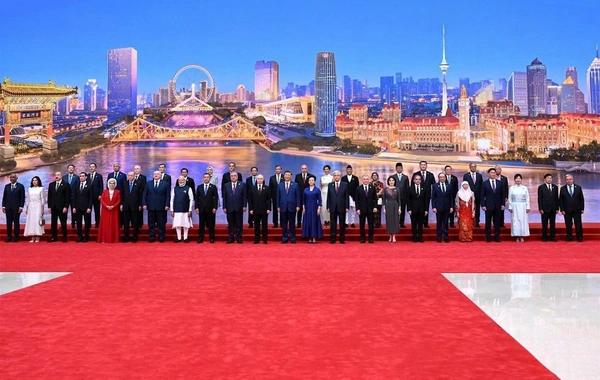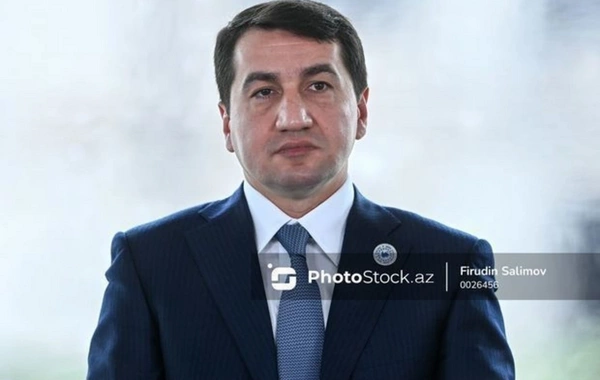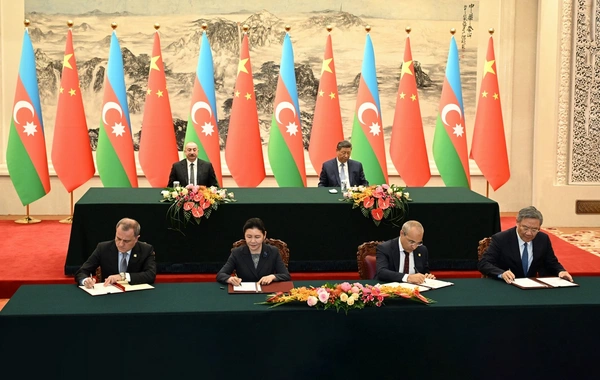The Shanghai Cooperation Organisation (SCO)
The Shanghai Cooperation Organisation (SCO)
The Shanghai Cooperation Organisation (SCO) is an international organization that plays a pivotal role in promoting security, economic, and humanitarian cooperation across the Eurasian region. Established in 2001, the SCO unites countries with the shared goal of enhancing regional stability and development. This article explores the history of the SCO’s formation, its objectives, structure, recent achievements, and future prospects.
History of the SCO’s Formation
The SCO was founded on June 15, 2001, in Shanghai by the leaders of six nations: China, Russia, Kazakhstan, Kyrgyzstan, Tajikistan, and Uzbekistan. It evolved from the "Shanghai Five," established in 1996 to foster trust in military affairs and reduce armed forces along borders. Uzbekistan joined in 2001, followed by India and Pakistan in 2017. In 2023, Iran became a full member, and in 2024, Belarus joined the organization. Today, the SCO spans 65% of Eurasia’s territory and represents approximately 42% of the global population, making it the largest regional organization in the world.
Goals and Objectives
The core objectives of the SCO are outlined in its Charter, adopted in 2002. These include strengthening mutual trust, friendship, and good neighborly relations among member states, promoting cooperation in political, economic, scientific, cultural, and other fields, and ensuring regional peace and stability. The SCO actively combats terrorism, separatism, and extremism, while also addressing drug trafficking and cyber threats. Economically, the organization aims to establish a free trade zone and develop transport infrastructure.
Structure and Activities
The SCO’s highest body is the Council of Heads of State, which sets strategic priorities and makes key decisions. The Council of Heads of Government focuses on economic and humanitarian issues, including budget approval. The Regional Anti-Terrorist Structure (RATS) coordinates efforts against transnational threats. The SCO Secretariat, based in Beijing, provides organizational support. Annual summits, such as the upcoming 2025 summit in Tianjin, serve as platforms for discussing global and regional issues.
The SCO actively promotes economic cooperation, including projects in energy, digitalization, and green technologies. In 2006, the SCO Energy Club was proposed to unite energy producers and consumers. The SCO Youth Council fosters youth engagement in cultural and educational initiatives.
Recent Achievements and Prospects
In recent years, the SCO has expanded its influence by attracting new members and dialogue partners. In 2025, Tianjin will host the organization’s largest summit, where statements will be adopted to mark the 80th anniversary of Victory in World War II and the founding of the United Nations. The SCO is also strengthening ties with international organizations like the UN and UNESCO in areas such as security, education, and culture. Plans are underway to establish an SCO bank and development fund to align payment systems and support economic projects.
Conclusion
The Shanghai Cooperation Organisation remains a vital instrument for enhancing security and economic development in Eurasia. Its "Shanghai Spirit," based on mutual trust and equality, fosters a just international order. Amid evolving geopolitical dynamics, the SCO continues to adapt, attracting new members and expanding its areas of cooperation





